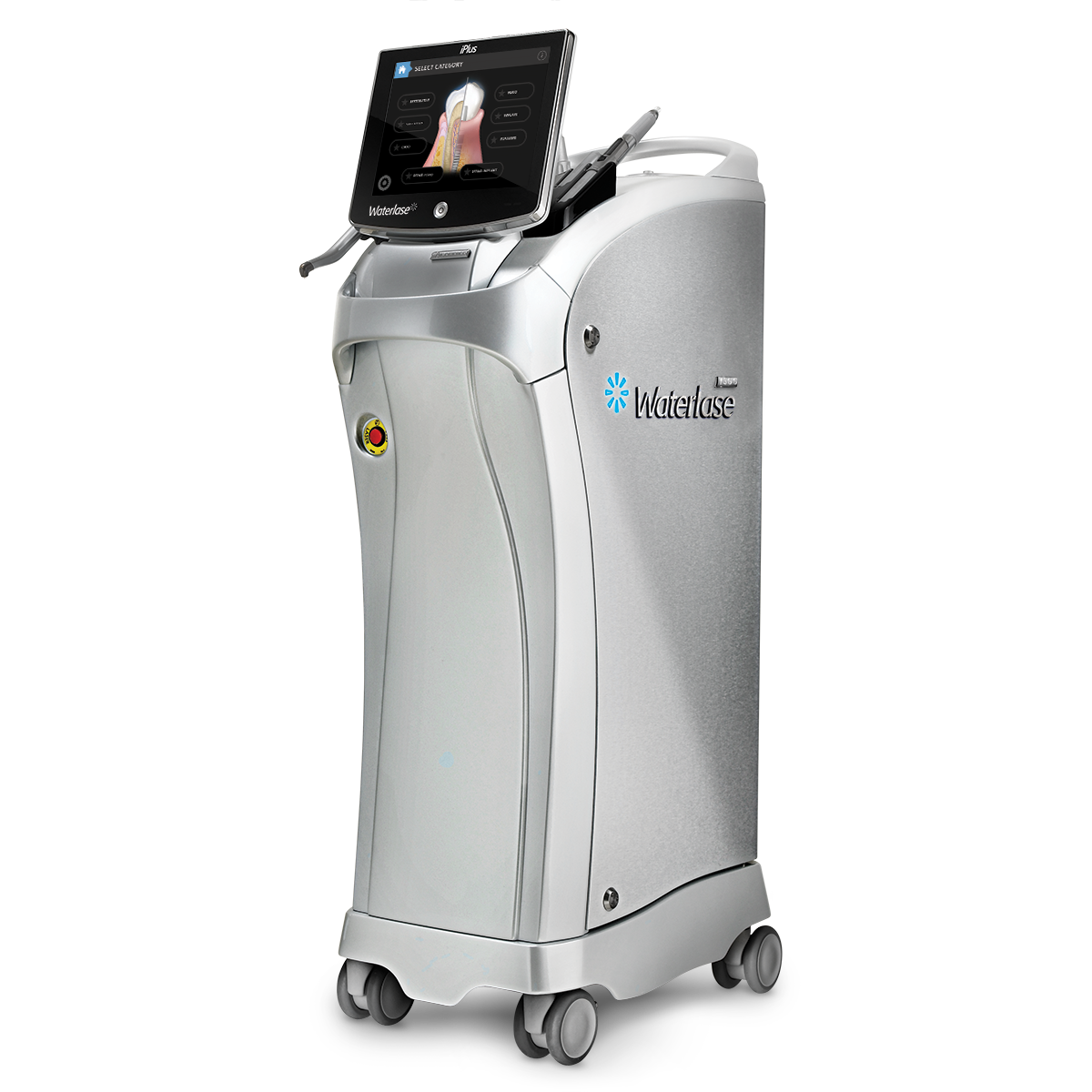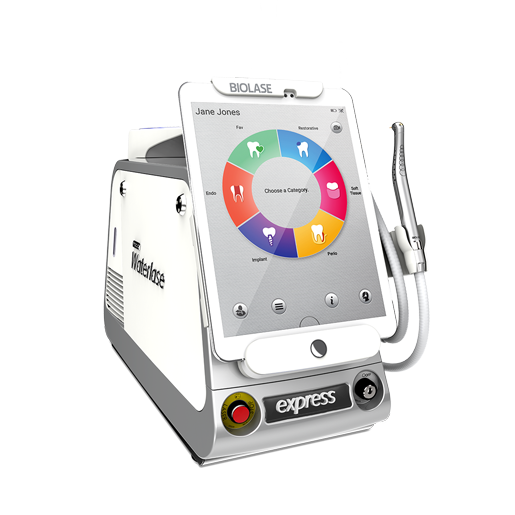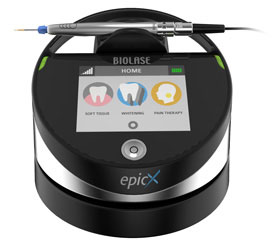April is Oral Cancer Awareness Month, so here’s a little awareness for you. According to the Oral Cancer Foundation, close to 43,250 Americans will be diagnosed with oral or pharyngeal cancer this year. The death rate associated with the disease is particularly high because it is often detected late in its development.
Oral cancer is not difficult to discover or diagnose. Most dentists screen their patients for oral cancer annually, so it’s important to see your dentist for regular checkups. But remember, the patient remains the most important factor in early diagnosis. Contact your dentist immediately if you notice the following symptoms:
- a sore or lesion in the mouth that does not heal within two weeks
- a lump or thickening of the cheek
- a white or red patch on the gums, tongue, tonsil, or lining of the mouth
- a sore throat or a feeling that something is caught in the throat
- difficulty chewing or swallowing
- difficulty moving the jaw or tongue
- numbness of the tongue, jaw, or other area of the mouth
- swelling of the jaw that causes dentures to fit poorly or become uncomfortable
- chronic hoarseness
Tissue biopsy is a pragmatic first step when oral cancer is suspected, as proper management and treatment begins with diagnosis. A wide variety of biopsy techniques and devices are available. The underlying goal is to obtain a representative tissue sample. Biopsy techniques include:
Brush Biopsy
Used for innocuous lesions that may otherwise not be sampled.
Incisional Biopsy
An elliptical incision is made and the tissue sample is gently lifted.
Excisional Biopsy
The complete removal of a lesion. Appropriate only if the lesion is almost certainly benign.
Punch Biopsy
Most often used for lateral tongue and cheek biopsies.
Laser Biopsy
Used by trained laser specialists. Optimum for infection and quality control, lasers help manage the operative site. This technique produces a bandage over the wound and minimal postoperative discomfort is experienced by the patient.
If you suspect you have any of the symptoms listed above, it’s important to make an appointment with your dentist for a screening today. If you don’t have any symptoms, regular dental visits are still important for cancer prevention and overall dental health.



